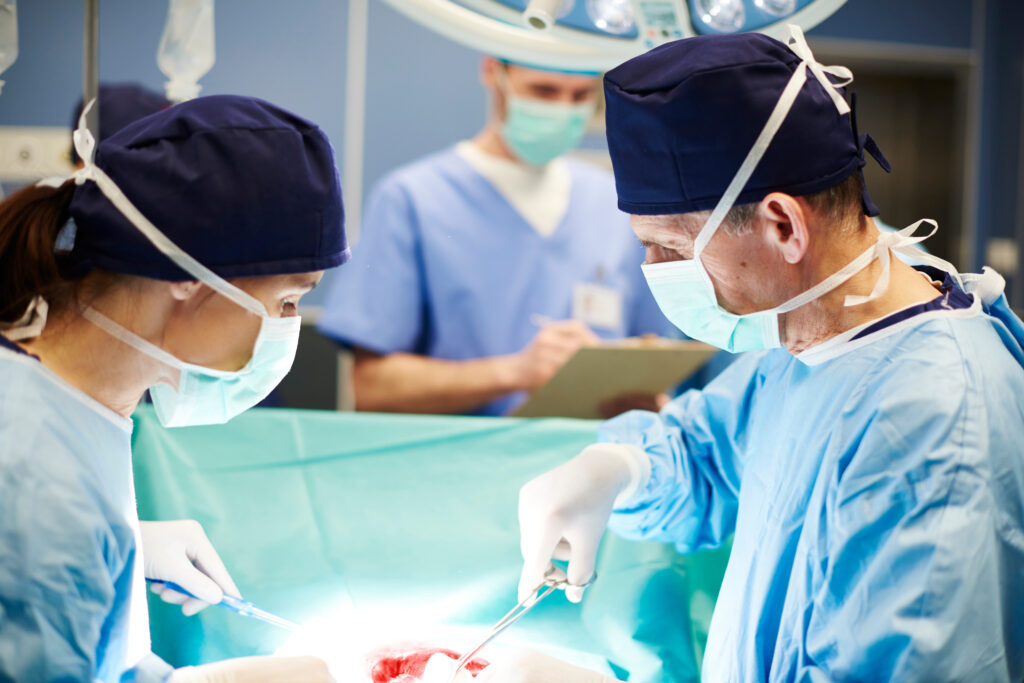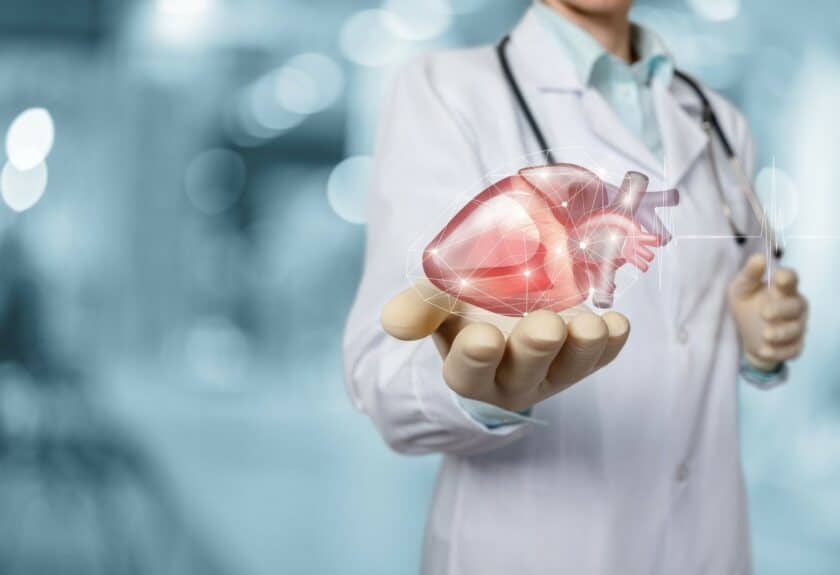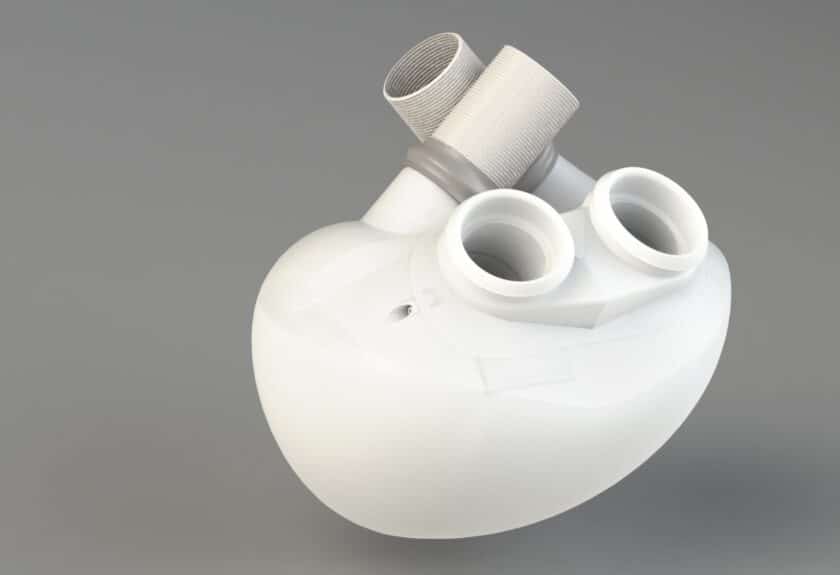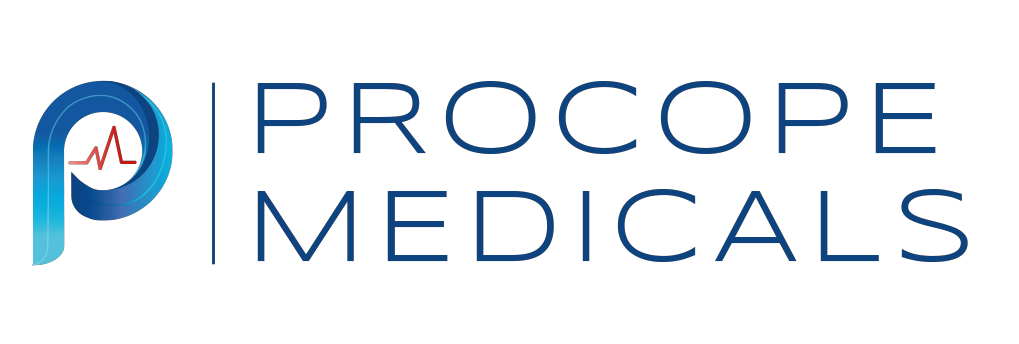Every year, 200,000 heart failure patients worldwide await heart transplants.
The number of patients on waiting lists and the shortage of organs are the main threats to organ transplantation: only 3% of patients receive a donor heart.
In the case of end-stage heart failure, the last alternative is to replace the failing heart with a total artificial heart (TAH). Implantation is performed surgically in the same way as a heart transplant. However, current solutions are not sufficient to overcome the shortage.


What does the future hold for artifical hearts ?
A single artificial heart currently allows patients to wait several months before a heart transplant opportunity arises. Designed 40 years ago, this solution takes the form of two ventricles, implanted in place of the native heart and activated by pneumatic pressure, transmitted via two percutaneous plastic tubes some 2 meters long.
Today, with the growing shortage of transplants, the search for alternatives is all the more important in order to find more suitable solutions for patients.
A new generation of artificial hearts and ventricular assistants is currently being developed: the technological advances of recent years will offer major benefits in terms of the best possible quality of life for patients.
The Procope Medicals prosthesis
Procope Medicals has seized upon this problem and is mobilized to develop a biventricular prosthesis solution guaranteeing the best possible quality of life for patients.
The major benefits of our solution :
– Its size, which makes it compatible with all patients, whatever their morphology.
– Our device is fully implantable and cable-free. It is not connected to any external battery, but recharges inductively, thus eliminating the risk of infection, one of the causes of complications and mortality, and genuinely increasing patient comfort and mobility.
– The Procope Medicals prosthesis reproduces the heart’s natural blood flow by synchronizing the two ventricles, and regulates blood flow according to the patient’s physical activity.
– A remote monitoring system enables medical teams to monitor physiological parameters.

